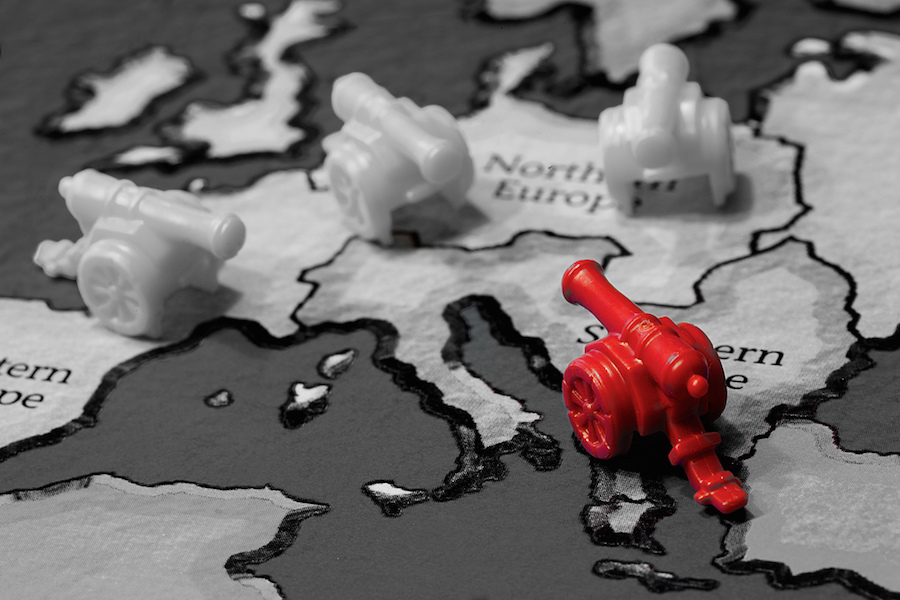Articles
Articles and analyses from the INET community on the key economic questions of our time.

Replication and Transparency in Economic Research
In 2003, McCullough and Vinod wrote, “Research that cannot be replicated is not science, and cannot be trusted either as part of the profession’s accumulated body of knowledge or as a basis for policy.”(1)
Printing Money

Want to Grow the Economy? Might Be Time to Unleash the Devil.
Is an ancient financial taboo keeping us from prosperity? Adair Turner, author of a new book on global finance, explains.

Theory vs data, computerization, old wine and new bottles
In 1953, Oskar Morgenstern proposed to reform the eligibility criterion for fellows of the Econometric Society, in an attempt to foster empirical work.
The Teaching of Economics
$1.90 Per Day: What Does it Say?

The IMF Worries About EME Corporate Leverage
Hot on the heels of the BIS, now comes the IMF Global Financial Stability report, “Corporate Leverage in Emerging Markets–A Concern?”. Yes, a concern, and just in time for the annual meeting in Peru next week.

The Efficiency of Markets
A student of microeconomics learns that any competitive equilibrium leads to a Pareto efficient outcome (First Fundamental Theorem of Welfare Economics). What do we mean by the efficiency or inefficiency of markets?
Travelling Knowledge and Tools

Feminist Economists Challenge Austerity That Harms Women
Economist Alicia Girón explains why a feminist perspective is crucial to new economic thinking.

Joseph Stiglitz: “Deep-seatedly wrong” economic thinking is killing Greece
The latest austerity deal is terrible for Greece and Europe.

EU refuses to acknowledge mistakes made in Greek bailout
As I write this it would be appear that the Greek crisis is finally coming to an end. In this report I would like to discuss why the negotiations were so fraught and what an agreement actually means. In a nutshell, the EU sought to address matters with the same kinds of measures that had been tried in the past, while Greece argued that doing so would not make things any better—and would in fact make them far worse.

Latest Institute Grants Announced
The Institute for New Economic Thinking has awarded $2 million in grants to fund 21 different projects as part of the latest round of its research grant program.

Europe’s Attack on Greek Democracy
The rising crescendo of bickering and acrimony within Europe might seem to outsiders to be the inevitable result of the bitter endgame playing out between Greece and its creditors. In fact, European leaders are finally beginning to reveal the true nature of the ongoing debt dispute, and the answer is not pleasant: it is about power and democracy much more than money and economics.